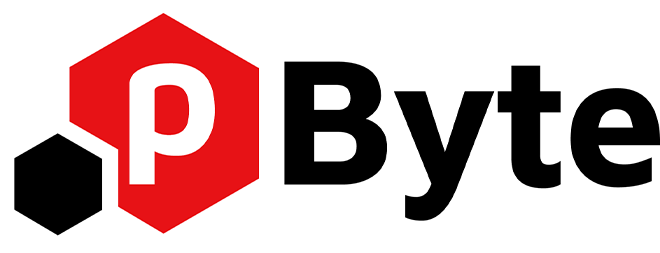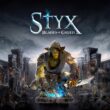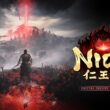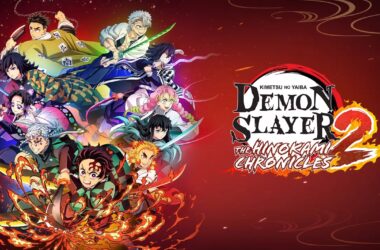Q: #1 As a product director, what was your main fear when creating this game, if any?
SimPocalypse was the first project we developed as a standalone Steam game, as before we were mostly working on web games with an IAP model, so this was something new for us. Surely, there is always some fear around, what if the game won’t cover the costs of development in some period, and how the new market (Steam) will accept the game. But, we kept pushing through all development stages, learning from other developers, learning from various sources and analyses to get to know the new market better and understand the needs and expectations of players on Steam. The more confident you are in the quality of your product, and the more you learn and use it, the less fear you have with the launch of your game. But, you can never be 100% sure of how the game will perform, the market will tell you afterward.
STEAM LINK TO THEIR PRODUCT : GET SIMPOCALYPSE HERE
Q:#2 Was there a hidden motivation behind the story?
We might say we have circumstances, which affected the story a bit. As the game is post-apocalyptic-themed, and we were all living in a ”closed-world” within the pandemic times, those circumstances somehow ”helped us” imagine the role of a post-apocalyptic survivor a bit better. What if the world suddenly strips us of all luxuries and even basic resources to survive? Would you be able to survive?
So, we built a game where everything was taken away from humanity after a nuclear war has devastated the world, and YOU, as a player becomes the leader of any lucky survivors.

Q:#3 Coming from an illustrator(business/economy) background, how did you encorporate that as a game director?
It’s always great to have some other skills, no matter what your current job is, as every experience you had, will somehow help you in various fields, in business or personal life.
I believe my previous background helped the team in various fields, we can negotiate some terms better, and always focus our work towards the plan to scale the business forward and to reach out to a wider audience of players every year. We have now come a long way from our initial start when we worked on some pretty basic games, continue with free web games with IAPs, and now continuing and scaling our reach with our Steam debut standalone game.
Q:#4 For all the people out there looking to work in game development.. Can you tell us more on when did you know you wanted to work in gaming? Were you a gamer since child or this crystalized later? And what challenges did you face booting up such startup project ?
It was a set of various circumstances that brought me into the gaming industry, and I never thought before I will be working in gaming here from Slovenia. We started Gamex Studio in 2015 and back then we were working on various web solutions and contractual work, and also on developing smaller web games for contractors. Those projects started fueling our desire to work on more, and different, games as our primary source of income. But, if we wanted to reach that goal we needed to face various challenges, as the financial perspective of developing games is much more complicated than it might seem – such as estimating development time, budget, skills, and project potential all turn up to be hard to estimate accurately, but it gets much easier with experience and a few projects behind you.
I was a gamer in my childhood, not a hardcore one, but more casual – always loved strategy, simulation, and various co-op and racing games as well. It is funny that now that we are working in the gaming industry, we have typically play less of other games, as there’s just less time.

Q:#5 How does your average day at work look like?
It’s hard to describe a typical day at the office, as every day is something different, gaming is just not that typical and it requires different types of creativity during various stages of game development.
During the prototype phases, the whole team is mostly brainstorming, trying to find the best solutions for specific features, trying out various game mechanics, prototyping the ideas we believe that can do great on the market, and then test them out with players, to get very first feedback to help us decide if this will work or not. If the game doesn’t have „that feeling“, it’s better to scrap it early and move on with a new idea.
Alpha, beta stages also bring a lot new to the table, and we need to focus on different tasks, such as playtesting, bugfixing, sharing the word about the game out.
As we work globally at different time zones with some of our business contacts/partners, most of the communication is written. So, usually, we reply to emails early in the morning and review the plan/tasks for the day. Then, if needed we have a short briefing with the team, to determine what is particularly urgent to be done on that day/week/month, and to set task priorities for the team, and individuals… Then it is time for focused work with the headphones on This is a part of the day, where we fully focus on tasks we plan to complete, work from the most important ones for that day towards the least important one.
Usually, the rest of my day is distributed into marketing, business, communication with players, youtubers, press, media, …

Q:#6 Now the game is almost released, what is next? Do you have any other projects in mind already?
Currently, we’re trying to fully focus our attention on finishing the full release, and it’s too easy to fall into the „shiny object syndrome“, where you just want to move on to the next thing. But discipline and finishing a project is important, and as we are a small team behind the project, every hour counts, especially in the last days. There are a lot of materials that need to be prepared and people to contact, those that have already been included in the previous stages of development, and also the general public, so our main focus currently remains on the Launch day and its follow-up.
We already have some plans on the next update, where we’ll add something interesting to the game, but for any other bigger and massive updates, we’ll need to see how things go on the Release week, to firstly cover the majority of the development costs, and then we’ll see what’s next.
We’ve also got a ton of ideas for what our next project should be, but that has to wait its turn 🙂
Q:# 7 Do you follow new game releases? In case you do, which one is your favorite?
Even though we are now mostly working in the gaming industry, we have a small amount of time available to check on the all-new releases, but we are trying to cover at least some of the bigger games in our niche, to stay up with the trends, and to see what others are developing and how much attention they bring with the new games.
Before working in the gaming industry, there was more time available for trying out other games, and that definitely helped bring those experiences into our current game development process, and altogether helps us deliver a better playing experience for our players.
